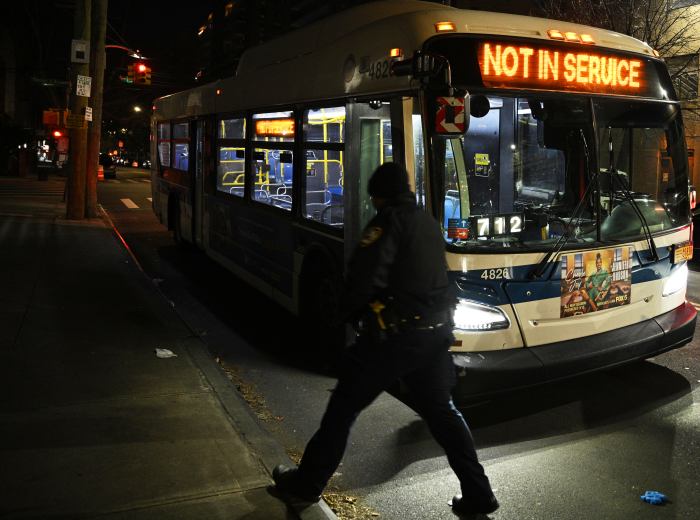By Stephen Stirling
When asked how the Queens Botanical Garden is coping with the economy, Executive Director Susan Lacerte sighed deeply before answering.
“We’re staying strong,” she said. “We’re viewing this as an opportunity. But it’s hard because the economy has gotten worse.”
The garden is one of many Flushing cultural institutions feeling the pressure of the economic recession firsthand as the public and private funding they depend on dries up.
At Flushing Town Hall, Executive Director Ellen Kodadek has been forced to lay off full−time staff members and re−evaluate programming. Flushing Library could be forced to reduce hours and cut staff as libraries citywide face funding cuts. The Brooklyn−Queens Conservatory of Music closed its doors in January due to funding cuts.
Although the city and state budgets have not been finalized, Lacerte said significant cuts are almost guaranteed and she cannot take any chances in the meantime. Larcerte said the garden has laid off five employees so far and reduced the hours of another employee. In addition, the entire administrative staff just finished a 10−week furlough period in which employees were required to take one unpaid day off a week — amounting to a 20 percent pay cut.
“If you don’t have money coming in, you can’t have money going out,” Lacerte said. “The staff understands. We all know people that have been laid off in this economy. They all knew that there would have to be additional layoffs if we didn’t take furloughs. We’re all in it together.”
Lacerte said she has also been forced to cancel the Arbor Day celebration, one of the largest events put on by the institution annually, and is considering the possibility of closing the garden entirely for one day a week.
Kodadek said Flushing Town Hall has experienced a similar situation. She said the Smithsonian−affiliated arts center, run by the Flushing Council on Culture and the Arts, already had taken a 41 percent cut in city funding last year and expected further cuts in the coming budget.
“We have laid off a number of staff, we’ve all taken pay cuts. Public hours are reduced to weekends only. We’re looking at the likelihood of a staff furlough by the end of the year,” Kodadek said. “We’re celebrating our 30th anniversary this year, so right now we’re doing everything we can to focus on those milestones.”
Hoong Yee−Lee Krakauer, executive director of Queens Council on the Arts, said the situation at the garden and Flushing Town Hall is the harsh reality educational and cultural institutions are being forced to confront. She said public funding is scarce and private funders that have been counted on for years are pulling grants to protect themselves or their businesses.
“There’s just not enough money in the pot,” Krakauer said. “I think the bigger operations will scrape by, but we’re definitely going to lose some of the smaller groups this year.”
That fate has already befallen the Brooklyn−Queens Conservatory of Music, which provided music instruction for students for more than half a century. Despite moving to St. George’s Episcopal Church after it could not afford rent at their former location, deep funding cuts and dipping enrollment simply made continuing operations impossible, according to Executive Director Aaron Felder.
“We were happy to open at our new site in November, but by then the bottom had fallen out of the economy and we didn’t get our enrollment back,” Felder said.
Despite the woes, Lacerte said no institution can afford to dwell on the hardship.
“There’s a lot to be done here,” she said. “We provide an extremely important service to the community, free of charge. There’s a lot of pride in what we do here, and that helps us move forward.”
Reach reporter Stephen Stirling by e−mail at sstirling@cnglocal.com or by phone at 718−229−0300, Ext. 138.



































